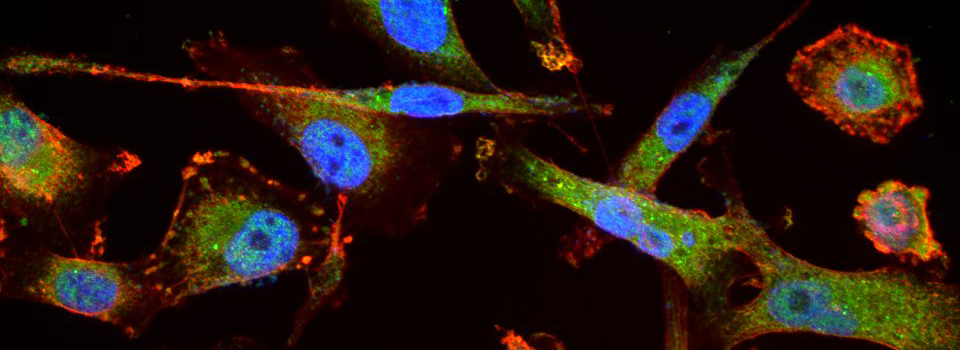IEEE HOU Sec.: Mapping Alterations to Brain Cells due to Stroke and Concussions
Registration Highly Recommended

The altered brain needs our urgent attention. While international brain mapping initiatives remain focused on the structure and working of the neuronal networks, conditions like traumatic injury, ischemia, binge alcohol, tumor growth, and experimental drug treatments inflict complex and widespread brain cytoarchitectural alterations that deserve to be mapped. Many of these alterations can be subtle and/or latent, only discernible by sensing changes in cell morphology and/or the expression and/or intra-cellular distribution of specific molecular markers, and can be spread across brain regions that are distant from the injury/damage site. There is a compelling need to detect and quantify brain cytoarchitectural alterations in a sensitive and comprehensive manner, since missed changes in certain brain regions may eventually manifest as confounding clinical conditions, or dangerous side effects. In this talk, I will describe methods for comprehensive profiling of brain cytoarchitectural alterations using multiplexed fluorescence imaging, computational image analysis, atlas fitting, multivariate statistics, and machine learning methods.
Date and Time
Location
Hosts
Registration
-
 Add Event to Calendar
Add Event to Calendar
- Contact Event Host
-
Phone: (832) 414-7164
- Co-sponsored by Jared Johnson
- Starts 22 May 2017 05:00 AM UTC
- Ends 25 May 2017 08:00 PM UTC
- Admission fee ?
Speakers
Dr. Roysam of University of Houston
Biography:
Badri Roysam (SMIEEE) is the Hugh Roy and Lillie Cranz Cullen University Professor, and Chairman of the Electrical and Computer Engineering Department at the University of Houston (2010 – present). From 1989 to 2010, he was a Professor at Rensselaer Polytechnic Institute in Troy, New York, USA, where he directed the Rensselaer unit of the NSF Engineering Research (ERC) Center for Subsurface Sensing and Imaging Systems (CenSSIS ERC), and co-directed the Rensselaer Center for Open Source Software (RCOS) that was funded by a major alumnus gift. He received the Doctor of Science degree from Washington University, St. Louis, USA, in 1989. Earlier, he received his Bachelor’s degree in Electronics from the Indian Institute of Technology, Madras, India in 1984.
Badri’s research occurs at the confluence of multi-dimensional signal processing, machine learning, big-data bioinformatics, high-performance computing, and biomedicine. He collaborates with a diverse group of biologists, physicians, and imaging researchers. His work is focused on processing microscopy images from diverse applications including cancer immunotherapy, traumatic brain injury, retinal diseases, neural implants, learning and memory impairments, binge alcohol, tumor mapping, stem-cell biology, stroke research, and neurodegenerative diseases.
Address:Houston, United States
Dr. Roysam of University of Houston
Biography:
Address:Houston, United States
Agenda
6:00 pm Registration / Ntworking
6:45 pm Dinner
7:15 pm Presentation
8:15 Q&A
Dinner will be served, please indicate during your registration if you have any dietary restrictions. Alternative meals can be selected to acmodate your resgstration request. Very limited previsions can be made for at the door registration.
Registered attendees will received 1.5 PDH Certificate of Attendance.

